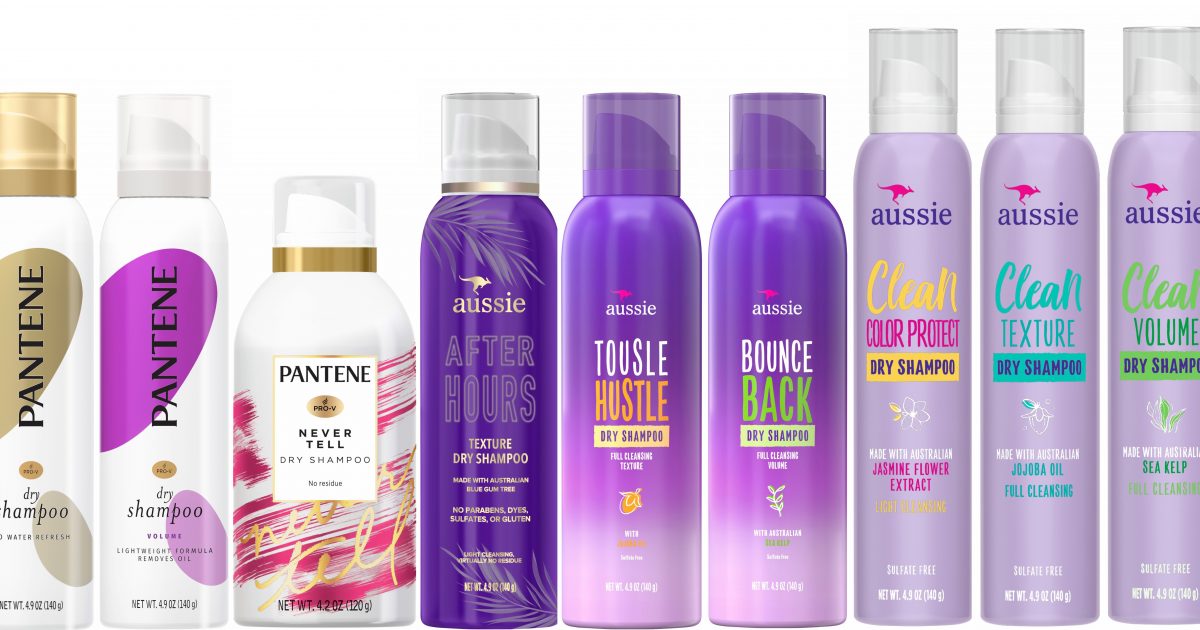Understanding Environmental Triggers and Cancer
- Should you be avoiding certain products and will that do anything to reduce your risk of getting cancer? Our experts weigh in.
- A new study is making headlines after finding an association between the use of hair straightening products and uterine cancer, which accounts for roughly 3% of all new cancer cases.
- Environmental triggers are not the only factor in cancer risk.
- Doctors are working on understanding why certain people are more susceptible to certain environmental triggers, so they can tailor lifestyle recommendations.
An example of products recently making headlines comes from a National Institutes of Health study that found an association between the use of hair straightening products and uterine cancer, which accounts for roughly 3% of all new cancer cases.
Read MoreEnvironmental Triggers
Dr. Robert Wright, chair of the Department of Environmental Medicine and Public Health at Mount Sinai Hospital in New York says cancer is not caused by one trigger, but it could be a combination of triggers in the environment."Cancer isn't caused by one event, typically, it's usually a series or combination of events," Dr. Wright told SurvivorNet in a previous interview. "So, it may be that you ate a lot of charred food, it may be that you're also a smoker, it may be that you've inherited a genetic susceptibility to be a little bit more sensitive to those chemicals."
SurvivorNetTV Presents 'How Not to Get Cancer: Environment'
The mystery of why some people will develop cancer while others do not after being exposed to the same carcinogen is still stumping researchers.
"Most cancers are not inherited. People do have some genetic susceptibility to cancer but those genes are not working by themselves. There has to be something in the environment that triggers it," Dr. Wright explained.
"So, if you can avoid that environmental trigger, even if you have a genetic susceptibility to cancer, you can avoid it by avoiding the environmental triggers. What we really need is research to try and understand what those environmental triggers are in people who have different sets of genes,” he added.
What happens next for the field of medicine is trying to be more precise with recommended lifestyle choices or telling people to avoid specific foods or products to greatly reduce their personal cancer risk.
"We may know that particular types of genetics actually make you at higher risk, but we don't know why [with] two twins that have the exact same set of genes, one will get cancer and the other won't," he said.
"It's the environment that's clearly the difference in that scenario, so measuring the environment is really critical to understanding how the genetics work."
Are the Toxins in Our Environment Making Us Sick?
As we saw above, Dr. Wright explains that no one trigger causes cancer and many questions about environmental triggers are still unanswered. However we still see a number of products promoting themselves as ‘all-natural’ or ‘organic’ or ‘toxin-free’ and thereby reducing cancer risks in people who use them.
One example is actress and cancer survivor Fran Drescher’s non-profit Cancer Schmancer, which aims to educate women about cancer prevention and early diagnosis. While the organization is commendable for trying to help women make informed decisions about their health, it also asks some of the same questions so many of us ask about what's harmful to our health as it promotes a "Detox Your Home" initiative.
Are the Toxins in Our Environment Making Us Sick?
"Read labels and start getting back to a more natural life," says Drescher in a previous interview with SurvivorNet.
Drescher and Dr. Heather Yeo, a surgical oncologist and medical advisor to SurvivorNet, sat-down together to discuss some of the organization’s claims, which scientific data does not support.
"It's difficult to study environmental causes," said Dr. Yeo. However, while there are certain obvious environmental factors that are harmful like the sun and cigarette smoke she cautions against going overboard.
"I do think that many times there is hysteria around things that we have been exposed to for years that have demonstrably not caused cancer,” she said.
Making Progress
While it can be easy to look at the long road ahead in cancer research and be discouraged, a report from the American Association for Cancer Research (AACR) Cancer Progress Report assess how far we've really come.
The annual report provides statistics for incidence, mortality and survivorship rates, talks about the latest research and discusses ongoing challenges in cancer care.
One of the main statistics from the study was that the age adjusted overall cancer death rate has declined by 32 percent between 1991 and 2019 in the United States, a reduction that translates into nearly 3.5 million cancer deaths avoided.
"It is good to see that cancer mortality is improving, much of this is due to prevention and screening," Dr. Yeo told SurvivorNet in a separate interview. "We know downstream effects of preventative measures can take decades, so seeing these changes over time is encouraging."
Another important area of progress highlighted in the report has to do with promising treatment advances.
"The tangible progress being made against cancer is also underscored by the new precision medicine-based therapeutics that were approved during the 12 months covered by this report," the report reads.
"Many of the newly approved therapeutics have expanded the number of treatment options for patients with cancer, while some have provided the first ever therapeutic option for certain diseases, including some difficult-to-study rare forms of cancer."
With assistance from Abigail Seaberg
Learn more about SurvivorNet's rigorous medical review process.


